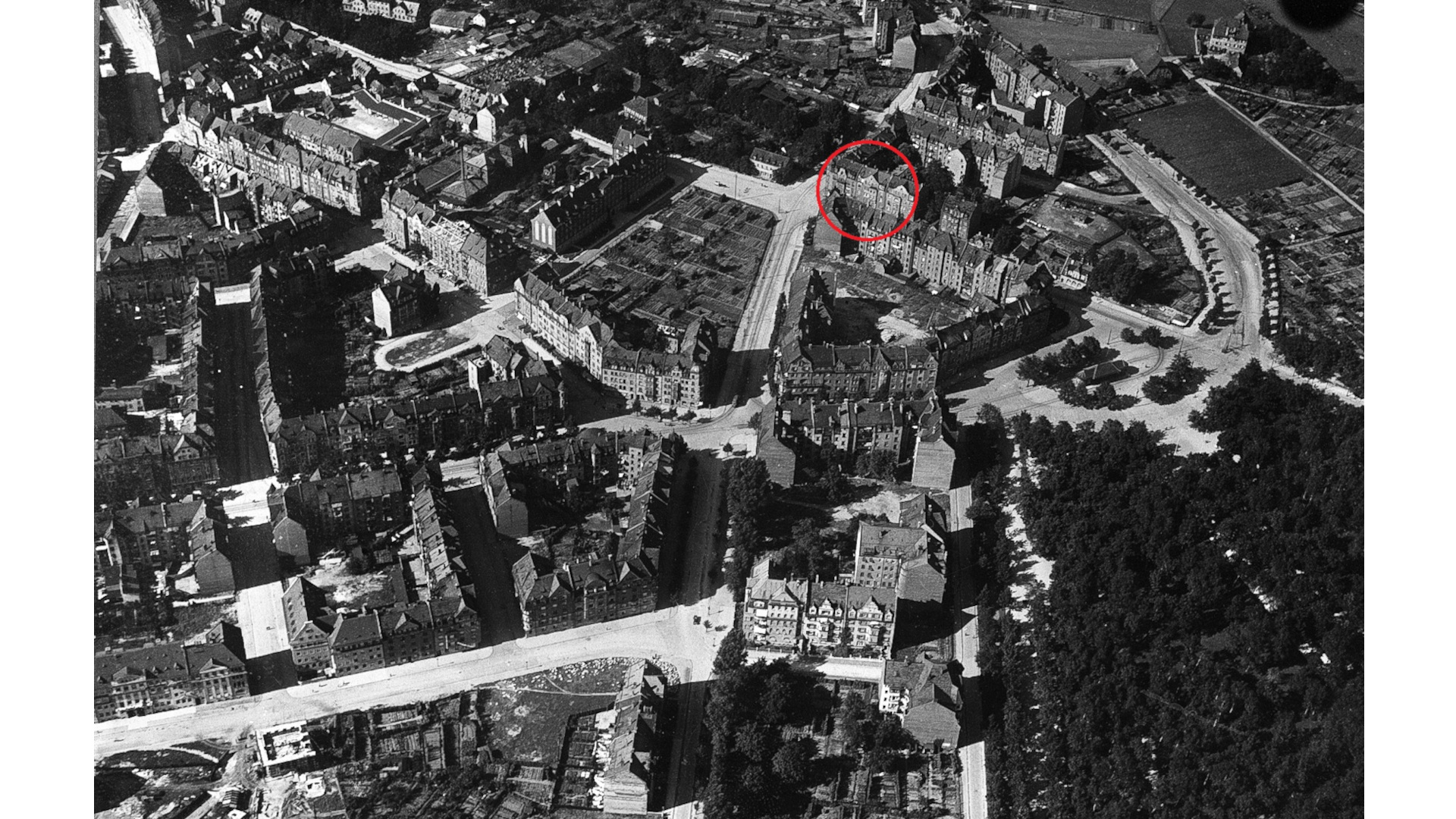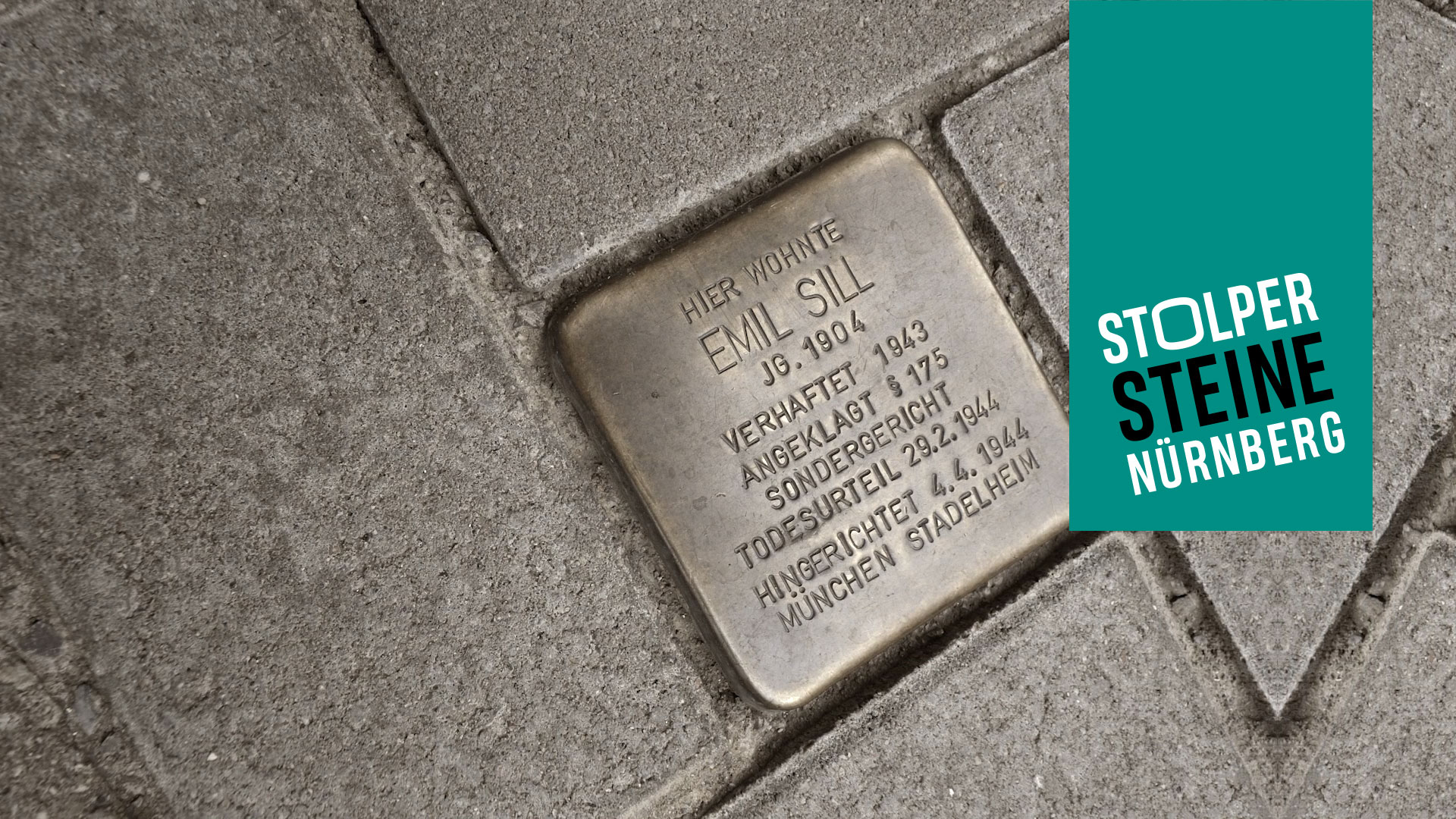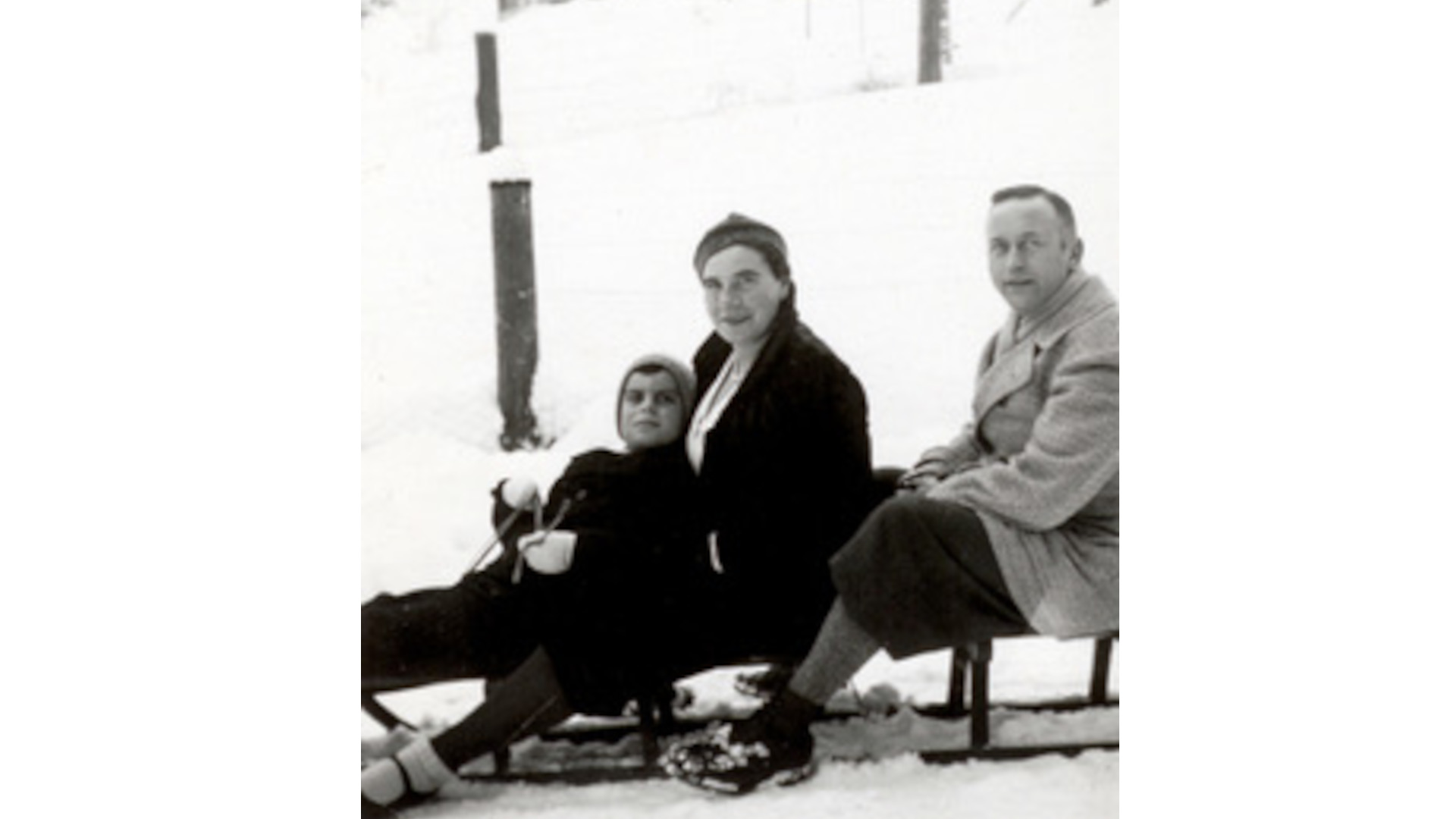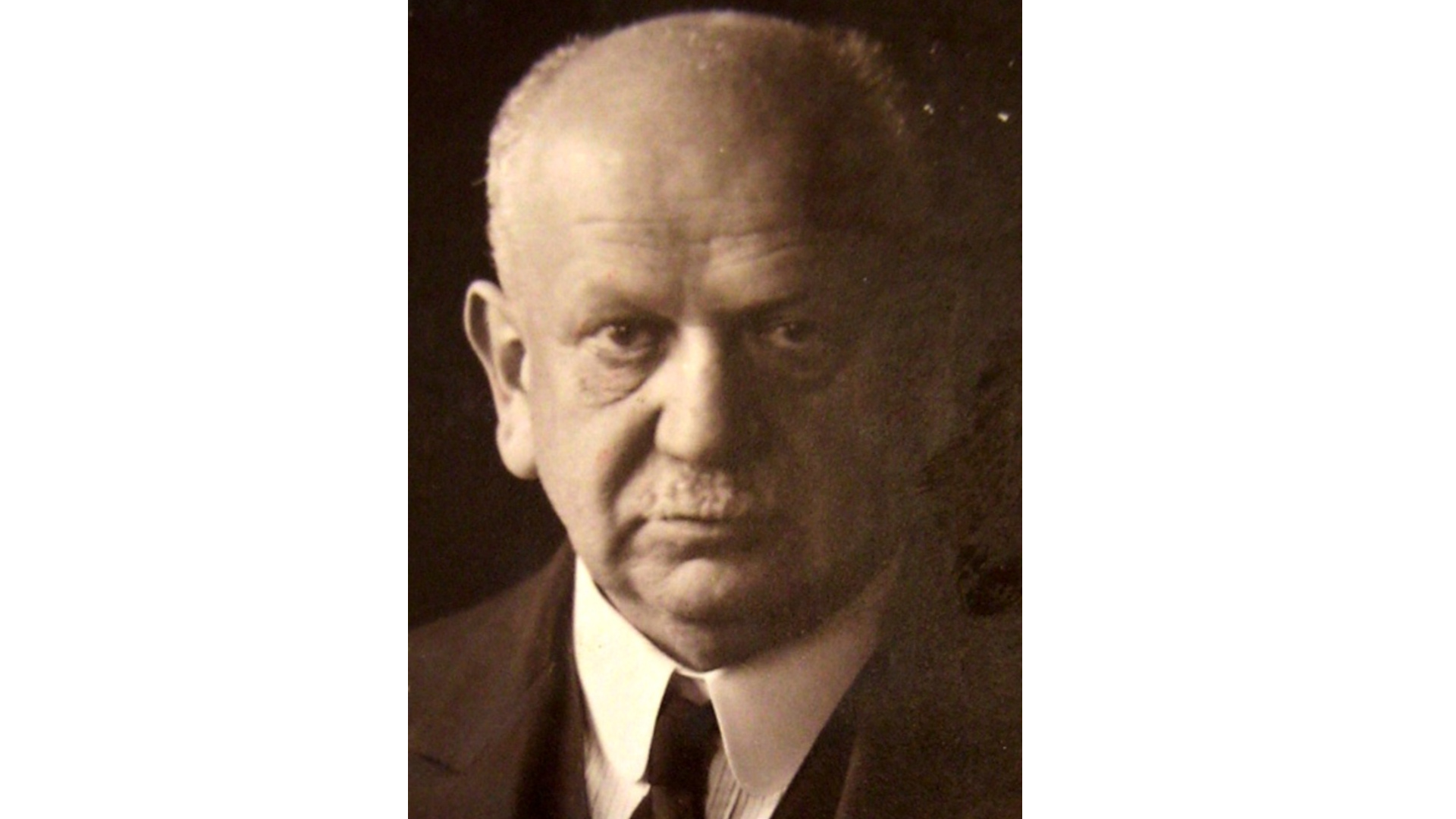| Location of stone: Wilhelm-Späth-Strasse 65 | District: Bleiweiss |
| Sponsor: Fliederlich e.V. – Gay Community Centre, in memory of Ralph Hoffmann (†) | Laying of stone: 6. November 2019 |
Biography
On 6 November 2019 Gunter Demnig laid four stumbling stones in Nuremberg for homosexual victims of National Socialism. Fliederlich e.V. sponsored the stone for Emil Sill, who was executed in Munich’s Stadelheim Prison.
Emil Sill was born on 6 August 1904 in Nürnberg, the youngest of six children. His parents were the optician Jean Sill and his wife Maria (née Eichenmüller). After leaving school, Sill trained to be a typesetter but fell ill with lead colic and was unable to pursue a career in this field. Consequently, he worked as an office assistant and then as a commercial clerk for the Siemens-Schuckert company.
During his time as a trainee, Sill got to know Anton Moertel. Emil and Anton were roughly the same age and they started a relationship which lasted for many years. Sill married Klara Bohle in 1933 and the couple had a daughter. This was later viewed by the investigating authorities simply as an attempt to conceal his homosexuality. The case files speak of a “marriage of convenience”. Together with his wife, Sill ran a milk business after getting married.
In the years of the National Socialist dictatorship, Sill was able to keep his homosexuality a secret for some time and thereby avoid prosecution. He first came to the attention of the investigating authorities during the Second World War. In November 1943 Sill, suspected of being a homosexual, was taken into custody. In the course of the investigations which followed, his relationship with Moertel became known to the police. They also filed cases where, for instance, Sill had sought sexual contact with young men at the public baths in Nuremberg. Some of Sill’s sexual partners were minors and so he was brought before the Nuremberg “special court” (Sondergericht). The regional court was actually responsible for dealing with such criminal charges but in certain selected cases the harsh sentences handed down by the Sondergericht were meant to serve as a warning to others.
Sill’s trial took place on 29 February 1944. The presiding judge was Rudolf Oeschey, a fanatical National Socialist. Sill was accused of “spreading the perversion of homosexuality among young men”. Applying a special law enacted during the war by the National Socialist regime, the court sentenced him to death for contravening Paragraph 175. He was executed in Munich’s Stadelheim prison on 4 April 1944.








